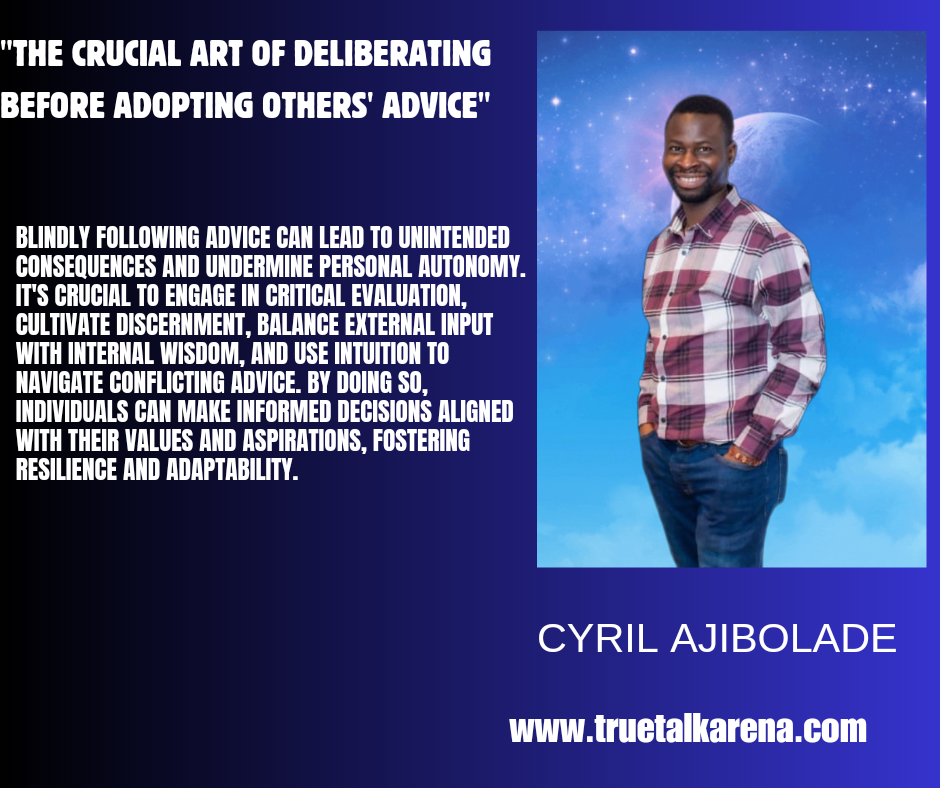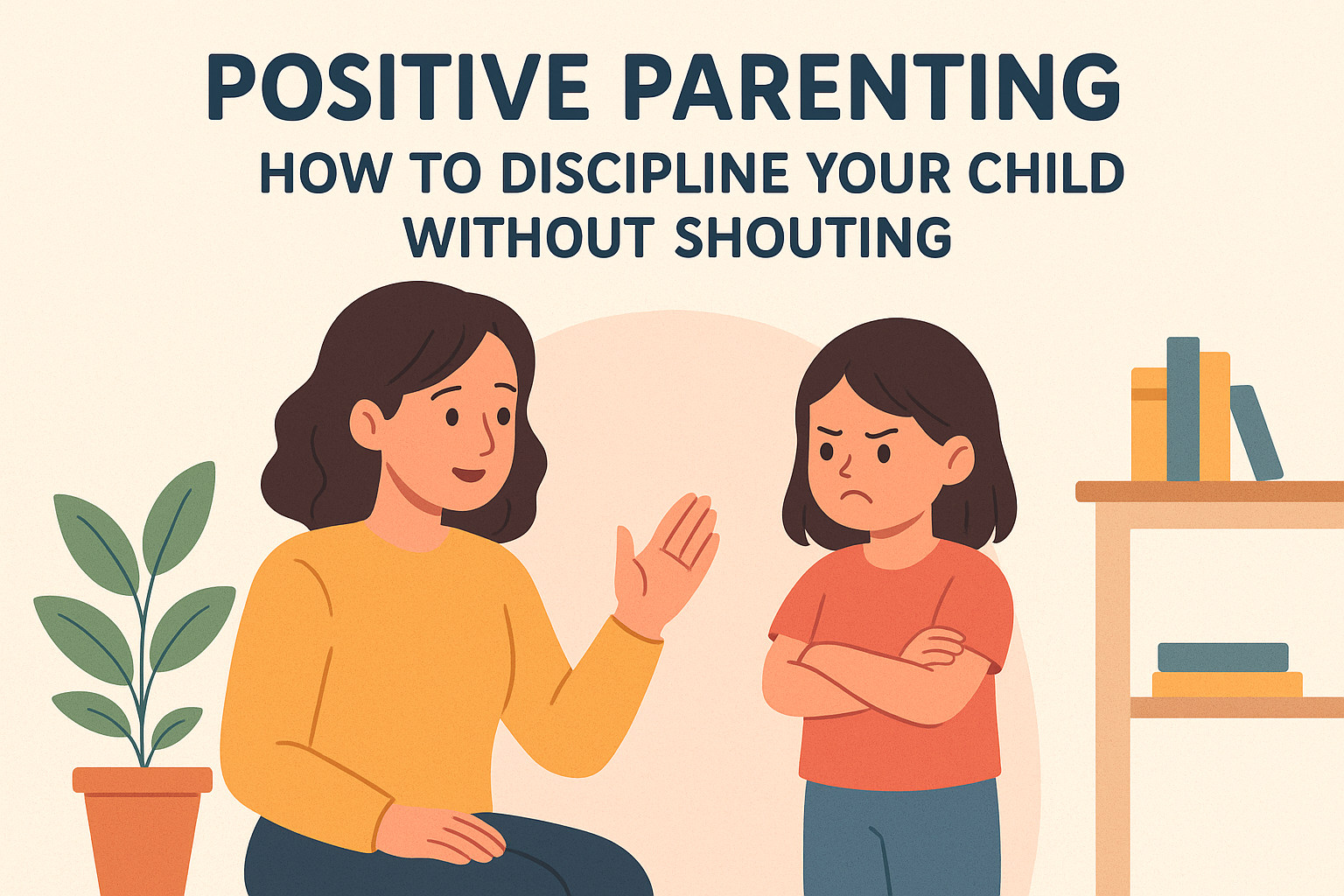
"THE CRUCIAL ART OF DELIBERATING BEFORE ADOPTING OTHERS'ADVICE"
In a world inundated with information and opinions, the ability to discern valuable counsel from noise is invaluable. Often, we seek guidance from friends, family, mentors, and experts to navigate life's complexities. However, blindly adhering to advice without critical examination can lead to unintended consequences. Therefore, it is paramount to engage in deep contemplation before integrating external counsel into our decision-making processes.
THE PITFALLS OF BLINDLY FOLLOWING ADVICE:
Unquestioningly embracing others' advice can undermine personal autonomy and hinder individual growth. Blind adherence relinquishes responsibility, fostering dependency on external validation.
Furthermore, advice is not universally applicable; what works for one person may prove ineffective or detrimental in another context. Failure to consider nuances and personal circumstances can lead to misguided actions and missed opportunities.
THE IMPORTANCE OF CRITICAL EVALUATION:
Critical evaluation entails probing beyond surface-level recommendations to understand underlying principles, implications, and potential outcomes. It involves assessing the credibility of the source, examining biases, and scrutinizing the relevance of the advice to one's unique situation.
By engaging in reflective analysis, individuals empower themselves to make informed decisions aligned with their values, goals, and aspirations.Cultivating Discernment: Developing discernment requires honing one's critical thinking skills and cultivating self-awareness. It involves questioning assumptions, challenging conventional wisdom, and embracing uncertainty.
By embracing a growth mindset and welcoming diverse perspectives, individuals can broaden their understanding and make more nuanced judgments. Moreover, cultivating discernment fosters resilience, enabling individuals to navigate ambiguity and adapt to changing circumstances with confidence.
Balancing External Input with Internal Wisdom: While seeking external advice can provide valuable insights and broaden perspectives, it is essential to balance external input with internal wisdom. Each person possesses a unique blend of experiences, values, and intuitions that shape their decision-making process. Therefore, integrating external advice with internal reflections enables individuals to leverage external expertise while honoring their authentic selves.
The Role of Intuition: Intuition, often dismissed in favor of rational analysis, plays a vital role in decision-making. It serves as a subconscious synthesis of past experiences, emotions, and insights, offering valuable guidance when navigating uncertainty. While intuition should not overshadow critical thinking, disregarding it entirely can overlook valuable insights and opportunities. Therefore, embracing intuition as a complementary tool enhances decision-making efficacy.
Navigating Conflicting Advice: Inevitably, individuals encounter conflicting advice from different sources, each advocating divergent courses of action. Navigating such situations requires discernment, prioritizing one's values and objectives amidst competing viewpoints. Rather than succumbing to analysis paralysis or hastily choosing sides, individuals can leverage conflicting advice as an opportunity for deeper introspection and synthesis. By distilling common themes and aligning recommendations with personal convictions, individuals can chart a path that resonates authentically.
In conclusion, the importance of thinking deeply before adopting others' advice cannot be overstated. While external guidance can offer valuable insights and broaden perspectives, blind adherence undermines personal autonomy and hinders individual growth. By engaging in critical evaluation, cultivating discernment, and balancing external input with internal wisdom, individuals empower themselves to make informed decisions aligned with their values and aspirations. Ultimately, the art of deliberation enables individuals to navigate life's complexities with clarity, confidence, and authenticity.



0 COMMENTS